Is Russia fulfilling the Prophetic War of Gog and Magog?
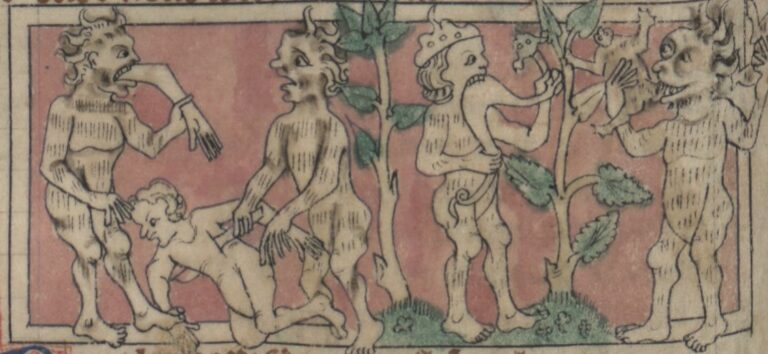
OR WAS IT FULFILLED “SHORTLY” IN THE EVENTS OF AD 67 – AD 70?PART 1 – THE WAR OF ISAIAH 2-4 AND DANIEL 9; 12 by Michael Sullivan Well, here we go again – the 1970’s and early 1980’s TV…

OR WAS IT FULFILLED “SHORTLY” IN THE EVENTS OF AD 67 – AD 70?PART 1 – THE WAR OF ISAIAH 2-4 AND DANIEL 9; 12 by Michael Sullivan Well, here we go again – the 1970’s and early 1980’s TV…
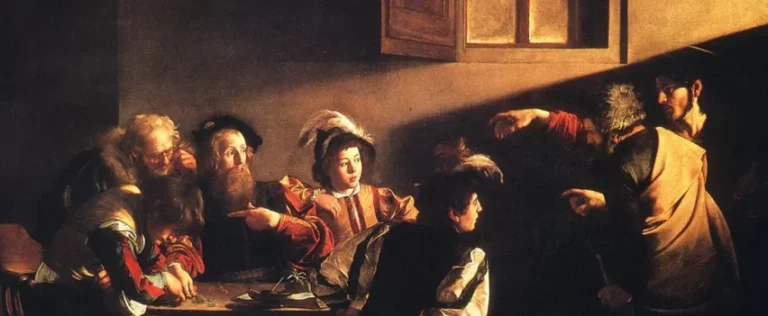
De-creation of the Old Covenant World or the Planet? by Michael Sullivan Click here for Part 5 Apocalyptic language – “The stars shall fall from heaven” and “heaven and earth will pass away” (Mt. 24:29, 35) As we pointed out…
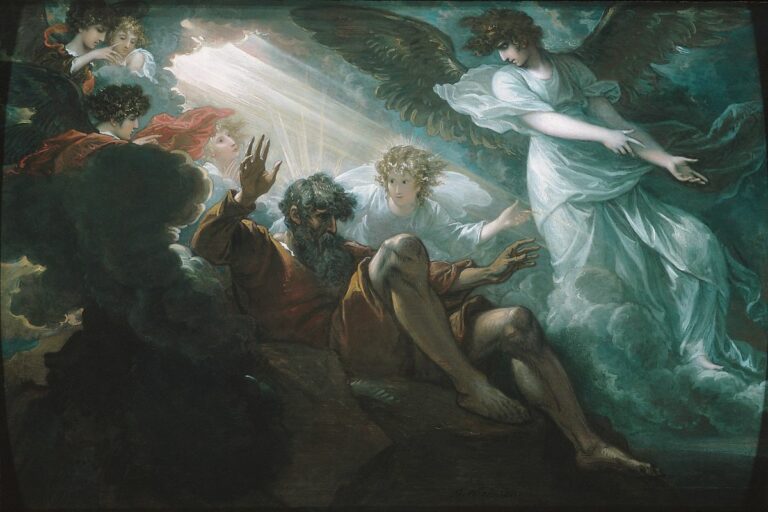
by Michael Sullivan Introduction In this series of articles, we will turn our attention to answering very important theological and political questions regarding modern Israel. Is modern Israel Biblical Israel and does she have any prophetic significance today? Should modern…
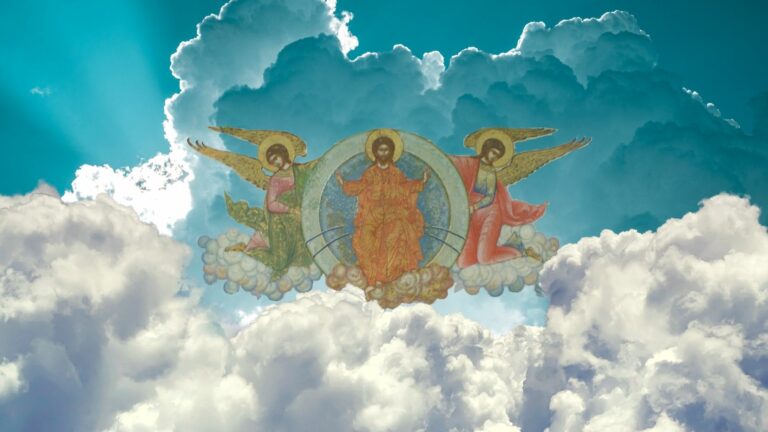
Coming Upon the Clouds of Heaven in Judgment (Dan. 7:13-14; Mal. 3-4) by Michael Sullivan Click here for part 1 Introduction In Part 1 of our series, we looked at the modern Zionist or “Jewish” objection to Christianity around this…
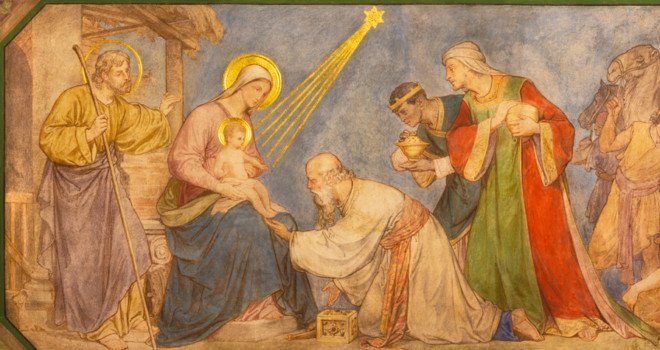
(Isaiah 7:14; Isaiah 9:6-7 and Micah 5:2) by Michael Sullivan Introduction Many Christians do not celebrate Christmas viewing it as a pagan Roman Catholic holiday while others do but focus on celebrating the incarnation of the God-man – Jesus Christ…
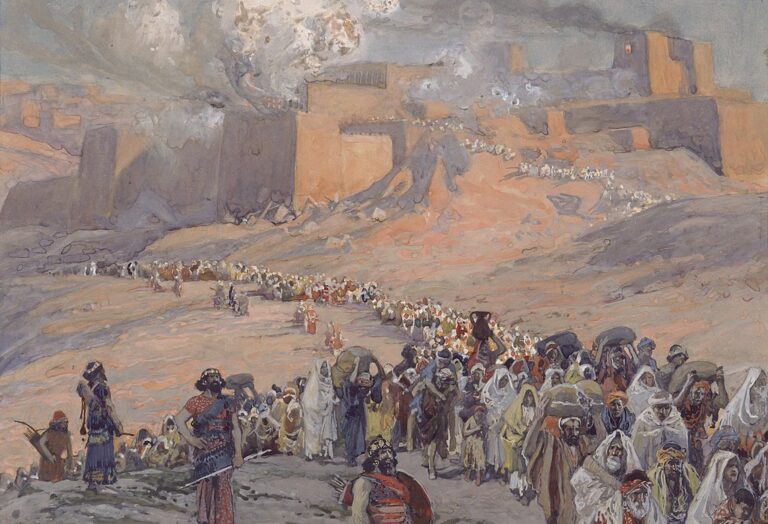
by Michael Sullivan Click here for Part 4 In part 4 we saw how the Great Tribulation and times of the Gentiles were discussing God’s judgment and wrath upon the first century Jews in their land and therefore were fulfilled…

by Michael Sullivan Click here for Part 3
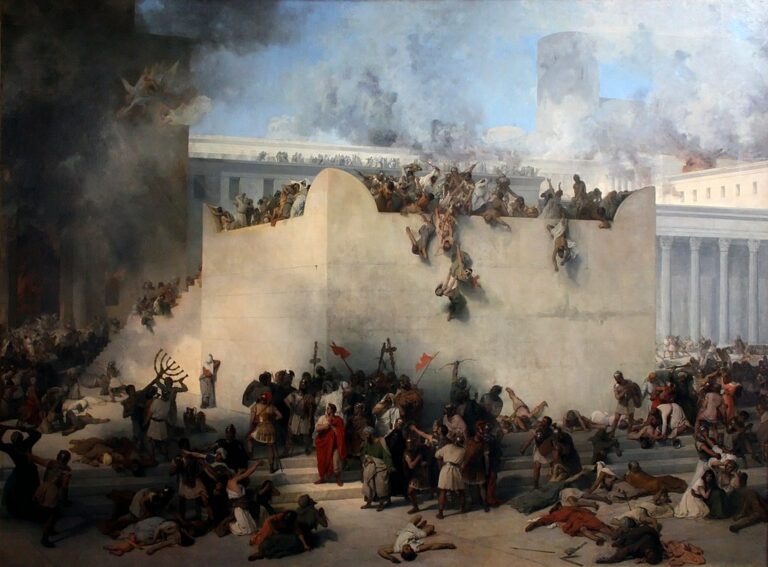
by Michael Sullivan Click here to read Part 1 Click here to read Part 2
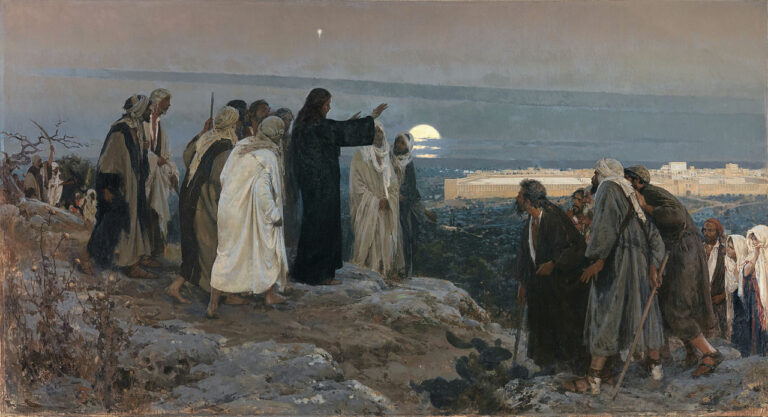
by Michael Sullivan Click here to read Part 1 Having pointed out the importance of interpreting Matthew 24 and the book of Revelation in developing long-term strategies against the New World Order and beyond, we now turn our attention to…
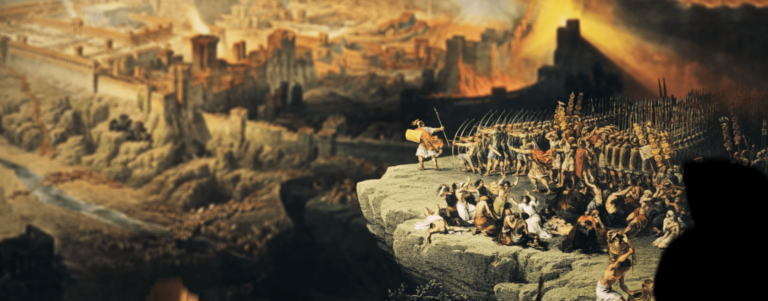
by Michael Sullivan The Importance of Eschatology (the study of Bible prophecy) and Introducing This Series